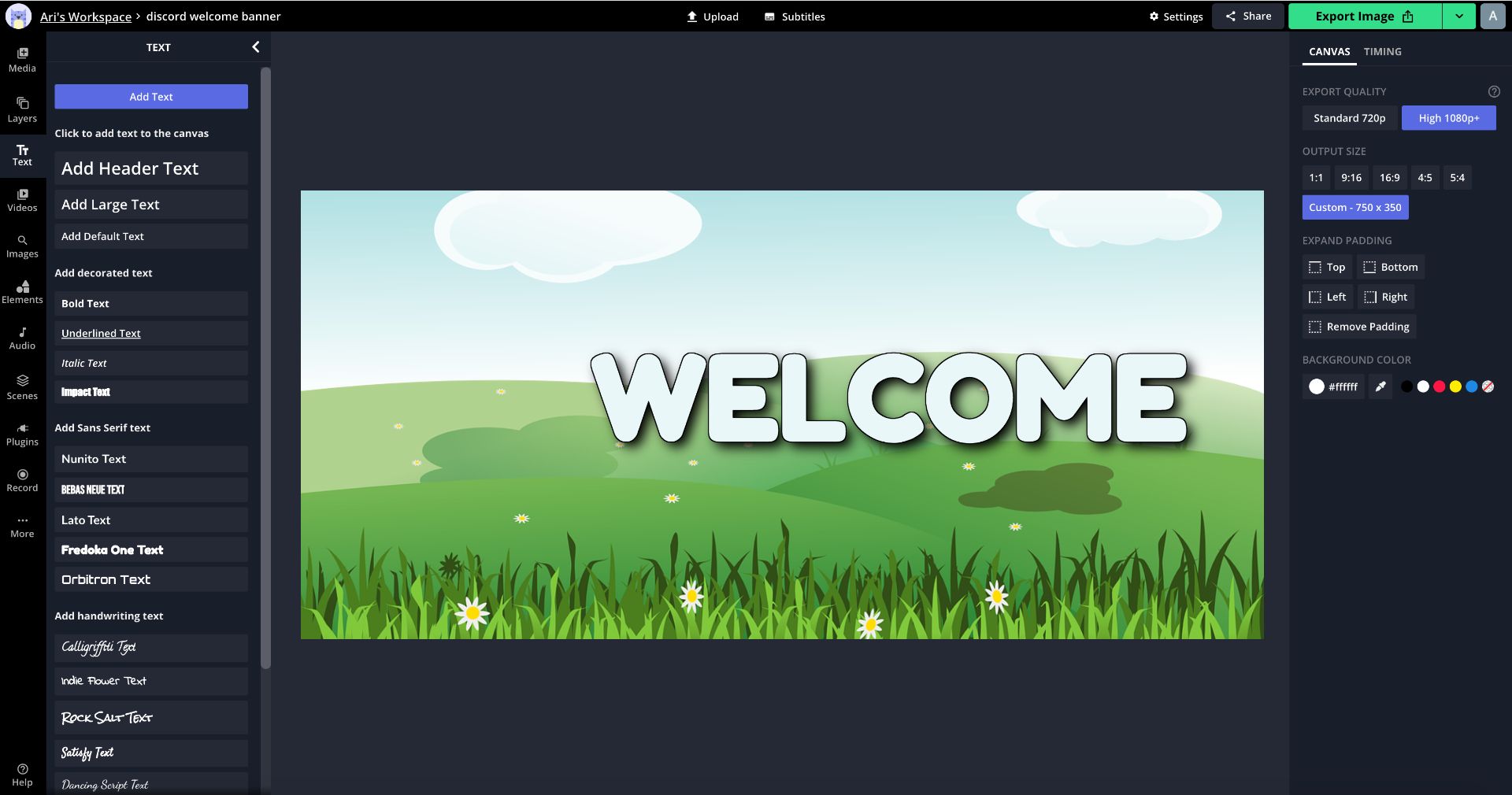

AI agent frameworks run the smart apps you use every day. They let AI models work on their own to make decisions and take action. These frameworks help AI systems work better and faster.
AI agents have five main parts that make them work:
These parts work together so AI agents can handle tasks on their own.
AI agent frameworks are changing how we build systems that learn and grow. Companies use them to handle complex work, save time, and create new solutions. Learning about these frameworks helps build practical tools for technology and business.
Choosing the right AI agent framework can significantly impact your project's success. Different frameworks offer unique features, making them suitable for various applications. Here's a look at some popular ones:
Autogen: Highly flexible, Autogen handles complex plans and live data streams, ideal for advanced users. It includes a robust planning agent for task coordination and enjoys strong community support. However, it requires more coding effort, which might not be beginner-friendly.
Semantic Kernel: Known for its ability to integrate with existing systems, Semantic Kernel provides tools for semantic understanding and natural language processing. It's great for projects needing advanced language capabilities, offering a balance between ease of use and powerful features.
Promptflow: Designed for rapid prototyping, Promptflow allows developers to quickly experiment with AI models. It's user-friendly and supports a wide range of use cases, making it a favorite among developers who need to iterate fast.
Langchain: Focused on chain-based reasoning, Langchain excels in tasks requiring multi-step logic. Its framework is built to handle sequential decision-making, making it perfect for projects involving complex problem-solving.
CrewAI: Offers simplicity and accessibility, CrewAI suits beginners with its easy setup process. Despite its simplicity, it provides strong capabilities for handling various AI tasks, making it a versatile choice.
Choosing a framework depends on your specific needs and technical expertise. Each framework brings its strengths, whether it's flexibility, language processing, or ease of use. Consider your project's requirements and your team's skills when selecting the best fit.
AI agent frameworks are built on essential components that bring these systems to life, enabling them to tackle complex tasks. Understanding these components helps in choosing the right framework.
Memory: This is where past actions and experiences are stored. It allows AI agents to learn and adapt over time. Memory helps agents make informed decisions based on previous encounters.
Planning: Planning involves creating step-by-step strategies that the agent follows to achieve its goals. It ensures that tasks are executed in an organized manner, aligning with the agent's objectives.
Tools: These are functions and APIs that the agent uses to perform tasks. Tools empower AI agents by providing the necessary resources to handle various operations efficiently.
Knowledge: This component enables understanding of problems and finding solutions. It involves the acquisition and application of information, allowing agents to solve tasks accurately.
Prompts: Prompts give clear instructions about the agent's goals and actions. They guide the AI on what to focus on and how to proceed, ensuring alignment with its intended purpose.
These components interact seamlessly to empower AI agents. For instance, Autogen's robust planning agent employs these elements to manage complex plans and live data streams. Semantic Kernel uses its tools for semantic understanding and natural language processing, showcasing the power of integrated components.
By grasping these elements, businesses can better assess the capabilities of different AI frameworks, ensuring they choose one that matches their needs and expertise. For more about how AI agents can be integrated into broader management and growth strategies, explore the comprehensive features of Mee.fun, which focuses on building and coordinating teams while fostering a productive culture.

When choosing an AI agent framework, it's crucial to consider specific needs and user expertise. Ease of use, scalability, and community support are key factors in this decision. Whether you're a beginner looking for simplicity or an advanced user needing robust features, there's a framework that fits.
Here's a comparative look at some popular frameworks:
| Framework | Ease of Use | Scalability | Community Support |
|---|---|---|---|
| Autogen: | Moderate | High | Strong |
| Semantic Kernel: | Moderate | High | Moderate |
| Promptflow: | High | Moderate | Moderate |
| Langchain: | Moderate | High | Moderate |
| CrewAI: | High | Moderate | Moderate |
Autogen is ideal for advanced users needing flexibility and handling complex tasks. Semantic Kernel suits projects requiring language processing, offering a balance of features. Promptflow is perfect for rapid prototyping with its user-friendly interface. Langchain excels in chain-based reasoning, while CrewAI is great for beginners due to its easy setup.
When selecting a framework, consider your team's technical skills and project requirements. Beginners might prioritize ease of use, while scalability might be essential for growing projects. Community support can also be a deciding factor, as it provides additional resources and troubleshooting assistance.
Choosing the right framework ensures that your AI agents are effective and well-suited to your specific needs and expertise level.
Picking the right AI agent framework improves project performance. This guide explores frameworks that handle complex tasks and support rapid prototyping. Let's find a framework that fits your project needs and team expertise.
Assess Your Needs: Your project has specific requirements. CrewAI offers user-friendly features, while Semantic Kernel excels at language processing. Each framework serves different purposes.
Consider Expertise: Your team's technical skills matter. Autogen works well for developers with deep technical knowledge. Teams new to AI development often succeed with Promptflow's intuitive design.
Evaluate Scalability: Plan for growth. Frameworks like Langchain adapt as your project expands, supporting long-term development goals.
Look for Community Support: Active communities provide solutions and resources. Strong community backing helps you solve problems faster and learn from others' experiences.
The right framework combines technical strength with your project goals. Review these points as you explore options. A well-matched framework becomes the foundation of your project's success.





